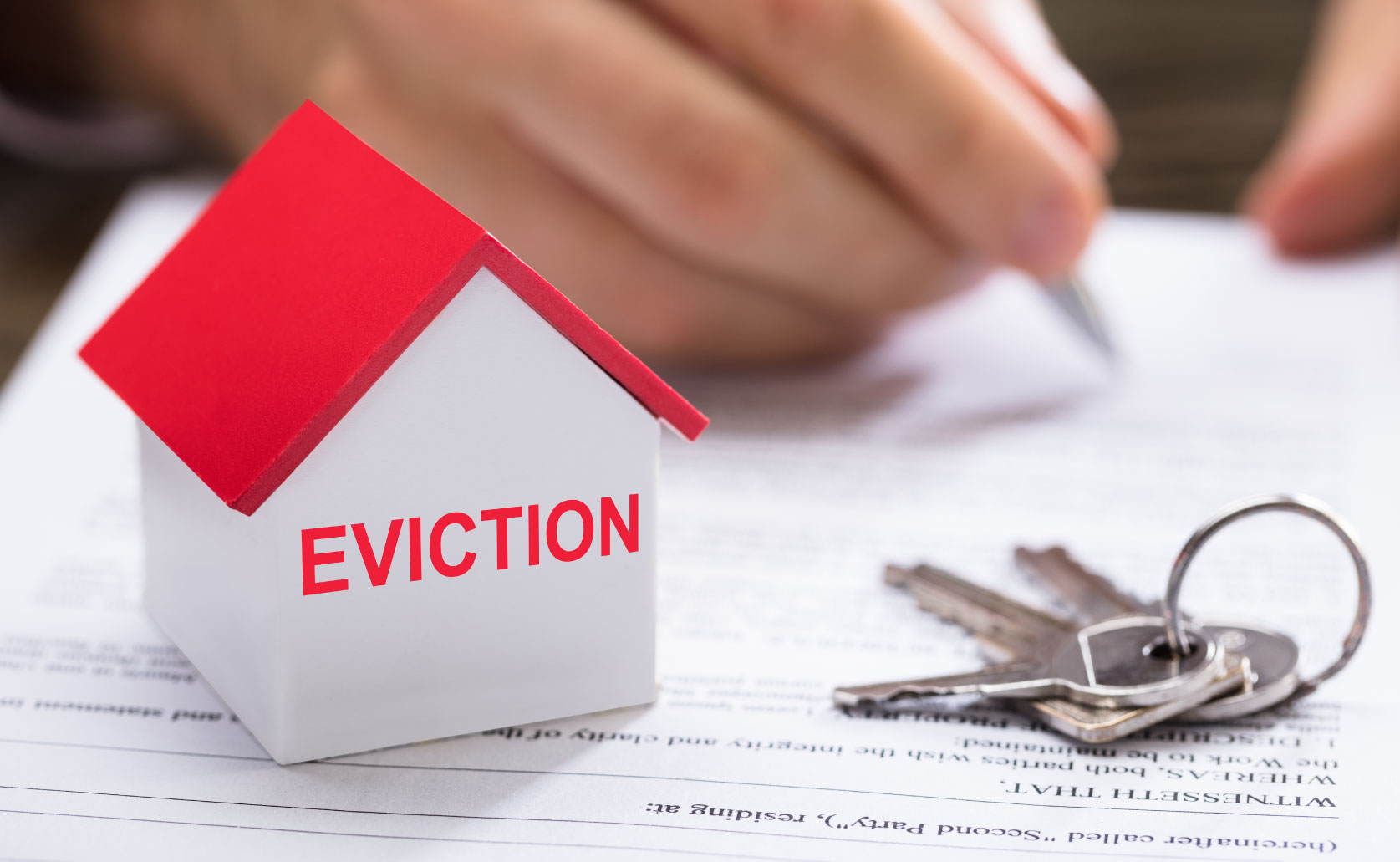Best of Johannesburg
The Complete Guide to Tenant Evictions in South Africa (2025): Rights, Timelines & How to Protect Yourself

Facing eviction in Johannesburg or elsewhere in South Africa?
The process is more complex than many landlords or tenants realise. In 2025, with housing pressures mounting and court backlogs piling up, understanding your rights under the Prevention of Illegal Eviction (PIE) Act and the Rental Housing Act is crucial.
This guide breaks down everything you need to know, from the first missed payment to the sheriff’s final knock, in plain, practical Jozi terms.
How the Eviction Process Works in South Africa (Step by Step)
1. Missed Rent: The 7–14 Day Grace Period
Landlords cannot immediately evict for late payment. By law, they must:
-
Issue a written demand (email, SMS, or letter)
-
Allow 7–14 days to settle arrears (exact period depends on your lease)
-
Only after this can they proceed with lease cancellation
⚠️ Tenant Tip: If you pay within this window, the process stops. Keep proof of payment!
2. Lease Cancellation: What Happens Next?
If rent remains unpaid, the landlord must:
-
Send a formal cancellation notice (often via lawyer or registered mail)
-
Clearly state that the lease is terminated
At this point, you’re technically in breach, but you still can’t be forcibly removed without a court order
3. Court Application: The Landlord’s Next Move
Under the PIE Act, evictions must go through the courts. The landlord must:
-
File papers at the Magistrate’s or High Court
-
Prove the eviction is just and equitable
-
Serve you with the court papers (you have a chance to respond)
📌 Key Fact: If the landlord skips court and changes locks, they’re breaking the law. You can sue.
4. Court Hearing: The Make-or-Break Stage
-
Uncontested cases (tenant doesn’t oppose): Can take 3–6 weeks for a ruling
-
Contested cases (tenant fights back): Often 2–6 months, sometimes longer
-
Judges consider:
-
How long you’ve lived there
-
Whether you have kids, disabilities, or alternative housing
-
If the landlord followed proper procedure
-
5. Sheriff’s Eviction: The Final Step
If the court grants the eviction order:
-
A sheriff (not the landlord) will serve the notice
-
You typically get a few days to vacate
-
The sheriff can remove belongings if necessary (but must follow strict rules)
How Long Does It Really Take? (2025 Timelines)
| Scenario | Estimated Timeframe |
|---|---|
| Tenant pays arrears during notice period | Process stops immediately |
| Uncontested eviction (no court fight) | 4–8 weeks |
| Contested eviction (tenant opposes) | 3–6 months (or longer) |
| Complex cases (appeals, hardship claims) | 6–12 months |
💡Reality Check: In Jozi, court backlogs can add extra months. Judges often delay if eviction means homelessness.
Can You Be Evicted Faster? (Only in Extreme Cases)
The only ways an eviction speeds up:
Violence or property damage (landlord can get an urgent interdict)
Illegal occupation (squatters, but even then, PIE Act applies)
Unpaid rent alone won’t qualify for urgency
Tenant Rights: How to Fight Back Legally
If facing eviction, you can:
-
Challenge improper notice: Was it in writing? Did they give 7+ days?
-
Argue unfairness: Do you have kids? No alternative housing?
-
Request more time: Courts often grant extensions if you show effort to pay
-
Report illegal lockouts: Call the Rental Housing Tribunal (RHT) immediately
Landlord Shortcuts (That Are Actually Illegal)
Changing locks without a court order (criminal offence)
Cutting water/electricity (basic services must stay on)
Harassment or intimidation (can lead to fines or jail time)
The Jozi Factor: Why Evictions Here Are Different
-
Backlogs: Johannesburg courts are slower than smaller towns
-
Social impact: Judges consider informal settlements, unemployment, and family stability
-
Rental scams: Some landlords fake evictions; always verify court papers
Final Advice for Tenants & Landlords
Tenants: Pay on time, but know your rights; no one can throw you out overnight
Landlords: Follow the law. Shortcuts will cost you more in the long run
Also read: Eviction from Vacant Land in South Africa: 2025 Rights
Follow Joburg ETC on Facebook, Twitter, TikTok and Instagram
For more News in Johannesburg, visit joburgetc.com
Featured Image: Burger Huyser Attorneys



























